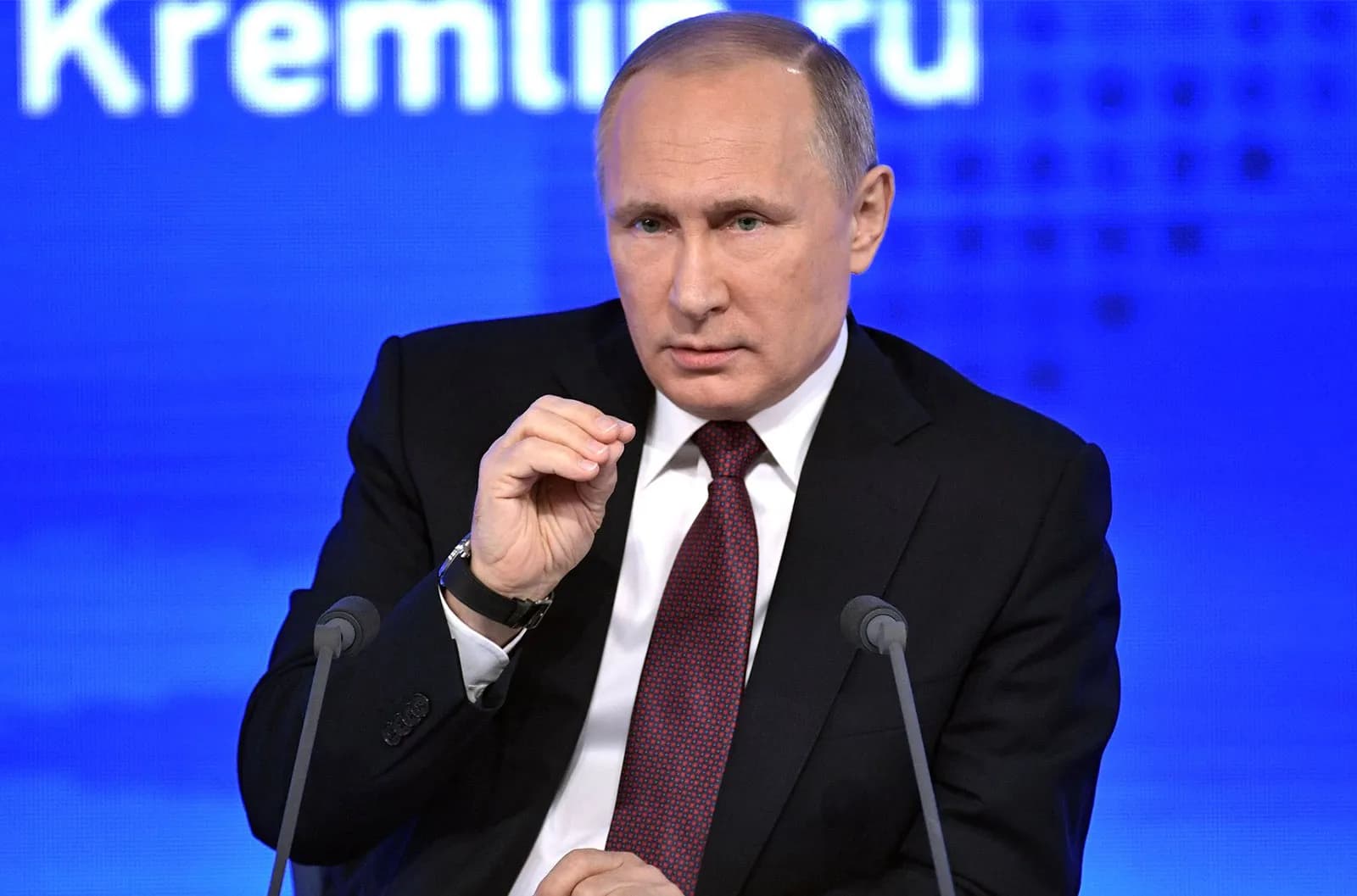We're loading the full news article for you. This includes the article content, images, author information, and related articles.
High-level talks signal a rare channel of communication between Washington and Moscow, though direct implications for Kenya remain distant amidst a complex geopolitical landscape.

GLOBAL – The United States and Russia are engaged in preliminary discussions about another potential prisoner exchange, according to reports on Tuesday, November 18, 2025. The talks, confirmed in an interview with Axios by Russian President Vladimir Putin''s special envoy Kirill Dmitriev, signal a continued, albeit narrow, avenue for diplomacy between the two global powers whose relations remain fraught due to the war in Ukraine and other geopolitical tensions.
These exploratory conversations follow a landmark prisoner swap on August 1, 2024, which was one of the most extensive and complex since the Cold War. That exchange, which took place in Ankara, Turkey, secured the release of 26 individuals. Russia and its ally Belarus freed 16 detainees, while the United States, Germany, Poland, Slovenia, and Norway collectively released ten.
Among those freed were high-profile Americans, including Wall Street Journal reporter Evan Gershkovich and former U.S. Marine Paul Whelan, both of whom had been sentenced to 16 years in prison on espionage charges that the U.S. government deemed baseless. Journalist Alsu Kurmasheva, a dual U.S.-Russian citizen, was also released. The deal was the result of years of painstaking, secret negotiations and involved multiple countries, highlighting the intricate diplomatic maneuvering required.
The current talks reportedly involve Kirill Dmitriev, the CEO of Russia''s sovereign wealth fund, the Russian Direct Investment Fund (RDIF). Appointed as a special presidential envoy, Dmitriev is a U.S.-educated financier who has previously been involved in backchannel communications with Washington. His involvement underscores the Kremlin''s use of trusted figures outside traditional diplomatic corps for sensitive negotiations. Despite being sanctioned by the United States following the 2022 invasion of Ukraine, Dmitriev''s role suggests a pragmatic approach by both sides to maintain essential lines of communication.
While U.S. officials have reportedly been receptive to the discussions, they have cautioned that any new exchange is not imminent. The August 2024 swap demonstrated that such agreements require immense political will and complex coordination among multiple international partners. For instance, Germany''s decision to release Vadim Krasikov, a Russian intelligence officer convicted of murder, was a critical and controversial component of the previous deal.
For the international community, these prisoner swaps represent rare instances of successful diplomacy between Russia and the West at a time of deep-seated hostility. Analysts note that while such exchanges are significant humanitarian achievements, they do not fundamentally alter the confrontational trajectory of the broader relationship. The Kremlin views the jailing of Western citizens as a strategic lever to secure the return of its own operatives, a practice often described as "hostage diplomacy."
From a Kenyan perspective, the direct impact of these negotiations is minimal. There is no indication that any Kenyan nationals are part of the discussions. However, the talks occur within a broader context of shifting global alliances that affect East Africa. Kenya''s foreign policy under President William Ruto has navigated a complex path, maintaining its strategic partnership with the United States while also engaging with powers like Russia. This diplomatic balancing act was highlighted by Russian Foreign Minister Sergei Lavrov''s visit to Nairobi in May 2023, aimed at bolstering ties.
More recently, on November 12, 2025, Kenya''s Ministry of Foreign Affairs issued a statement confirming that over 200 Kenyan nationals have been recruited to fight for Russia in Ukraine, often lured by deceptive promises of high pay. This development adds a significant and concerning dimension to Kenya-Russia relations, separate from high-level diplomatic exchanges. While Nairobi has historically been a key U.S. counterterrorism and security partner in the region, its evolving diplomatic posture is being closely watched in Washington and Moscow. Therefore, while the prisoner swap itself may not directly involve Kenya, the underlying superpower dynamics are a crucial element of the international environment in which Kenya and its neighbours operate.
Keep the conversation in one place—threads here stay linked to the story and in the forums.
Sign in to start a discussion
Start a conversation about this story and keep it linked here.
Other hot threads
E-sports and Gaming Community in Kenya
Active 9 months ago
The Role of Technology in Modern Agriculture (AgriTech)
Active 9 months ago
Popular Recreational Activities Across Counties
Active 9 months ago
Investing in Youth Sports Development Programs
Active 9 months ago